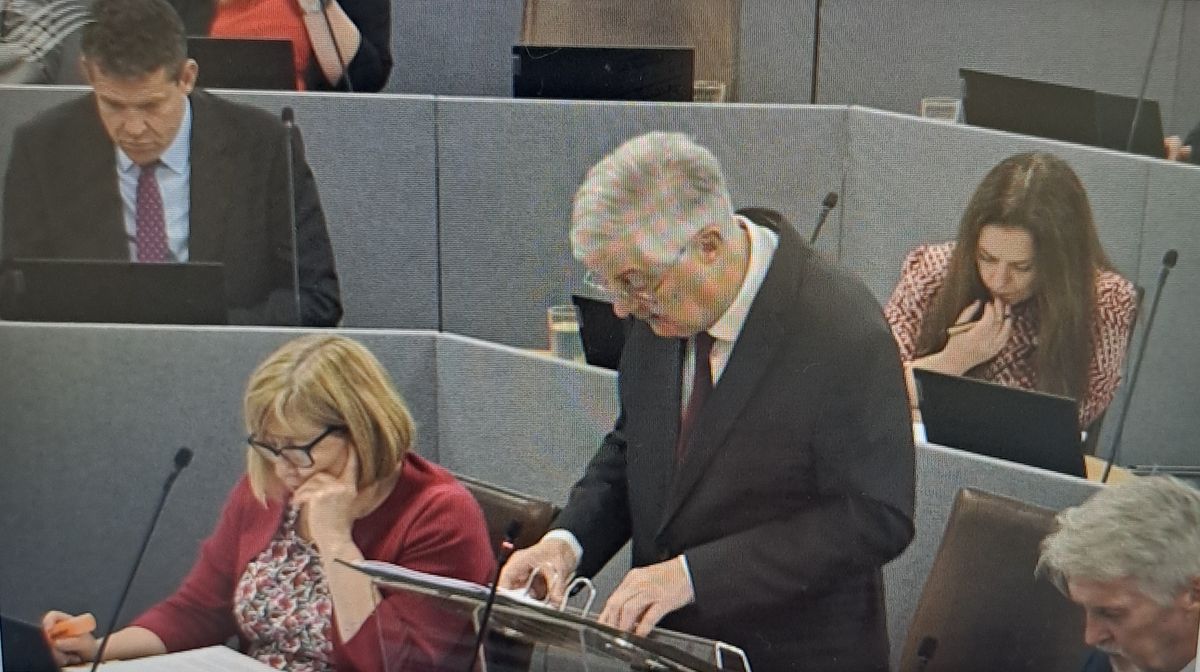Plans to introduce a tourism tax in Wales have taken a step closer to reality after the proposal has been agreed in the Senedd.
Members of the Senedd voted on the Visitor Levy Bill, which would give councils the power to charge people for overnight stays in tourist accommodation.
The charge could be up to £1.30 per person, per night, depending on the type of accommodation.
The bill passed the third stage in the Senedd on Tuesday, July 1, which means it will likely be rubber-stamped later this month before being sent to the King for Royal Assent.
Even then, councils would not be required to bring in the charge, but they will have the power to do so from 2027.
The Welsh Government says the levy could raise around £33million a year if adopted by local authorities across Wales.
Critics argue the charge could put visitors off and add pressure to businesses already dealing with costs and staffing challenges.
The Welsh Government is expected to publish an economic impact assessment alongside the legislation, setting out the potential positive, negative and neutral effects.
If introduced by a council, the levy would be per person, per night on overnight stays.
The proposed rates are 75p per person, per night for campsites and hostels (children would be exempt) and £1.30 per person, per night for all other types of visitor accommodation (including children)
Once in place, councils would be able to increase the amount after further consultation, though a cap could be imposed by Welsh ministers.
Some people would not be required to pay the levy or could claim a refund, including people staying for more than 31 consecutive nights, people visiting those staying in their sole or main residence, disabled people who are accompanied by a carer and incur extra costs as a result, those placed in emergency or temporary housing by a local authority, homeless people placed in hotels and people displaced by events such as flooding or fire
The levy would not come into force before 2027.
The bill must pass a final vote (Stage 4) next week and then receive Royal Assent from the King
Individual councils must decide whether to introduce the levy
Each council would need to carry out a 12-month local consultation before implementation
This means the earliest the charge could apply is in two years’ time and it’s expected that not all councils will choose to introduce it.
Any local authority which does bring in the levy would also have to publish a report on how the money is spent, showing that it’s used for its intended purpose.
Wales’ finance secretary Mark Drakeford said he is confident the plans won’t deter visitors.
He said: “There’s no evidence from the rest of the world that thats’s what happens and tourism levies are very, very common across the world and increasingly common in the UK as well.
“The levy is pitched at a very modest amount, it’s less than a cup of coffee, less than buying a sausage roll every day. I don’t think that will put people off, I think people will see that as a small investment being spent in order to keep the places they love, places they’ll want to visit in the future.”
Meanwhile, Plaid Cymru MS Luke Fletcher said this is an opportunity to create a “truly sustainable tourism sector for Wales”.
He said: “We know that in cases like west Wales and north Wales, where the tourism sector is thriving, that it also puts a massive strain on local services for those living within those communities.
“If you go to Barcelona now people, nobody’s arguing against the tourism levy, they see the net positive of it, and we’re not going alone in Wales. Other parts of the UK are also looking at the tourism levy. We have the city room tax in Manchester, talks in Cornwall of it happening, talks in Bristol. This is very much going with the tide.
“People know that tourism is a benefit to their local communities, but we’ve got to make sure that when it happens we’re able to mitigate some of the negative effects of tourism.”
Welsh Conservative MS Sam Rowlands said: “We think that people from Wales shouldn’t have to pay the tourism tax. Around 30% of overnight stays in Wales are taken by people who live in Wales, are from Wales. We don’t think that’s in the spirit of what a tourism tax is all about.”
